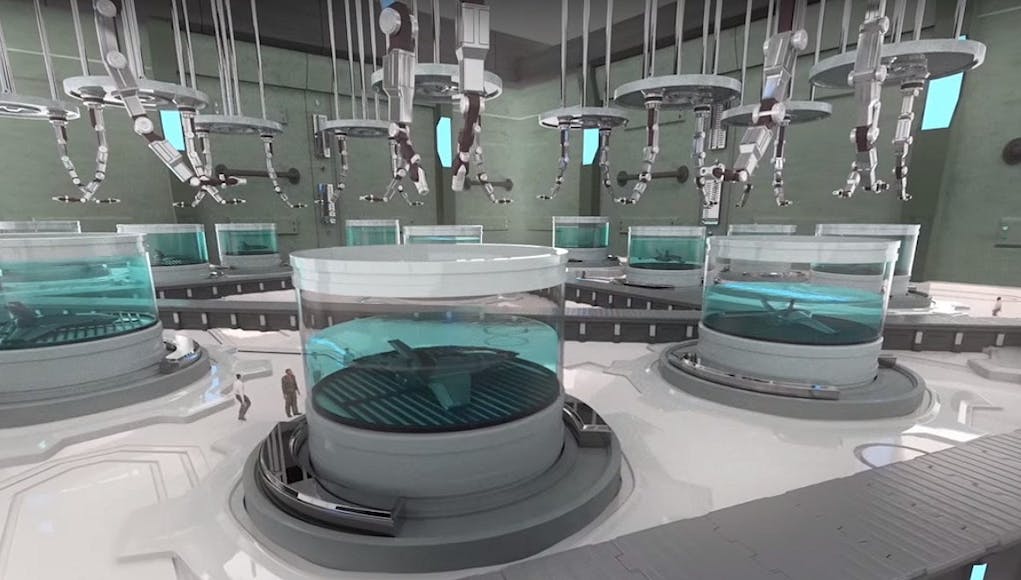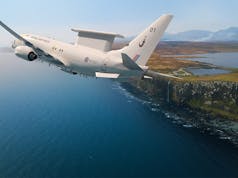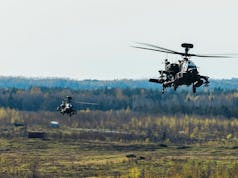Scientists at BAE Systems and the University of Glasgow have outlined their current thinking about military aircraft and notably, the growing of drones.
According to a BAE press release, a radical new machine called a Chemputer™ could enable advanced chemical processes to grow aircraft and some of their complex electronic systems, conceivably from a molecular level upwards. This unique UK technology could use environmentally sustainable materials and support military operations where a multitude of small UAVs with a combination of technologies serving a specific purpose might be needed quickly. It could also be used to produce multi-functional parts for large manned aircraft.
The release continies, drones flying at such speeds and high altitude would allow them to outpace adversary missiles. The aircraft could perform a variety of missions where a rapid response is needed. These include deploying emergency supplies for Special Forces inside enemy territory using a sophisticated release system and deploying small surveillance aircraft.
Professor Nick Colosimo, a BAE Systems Global Engineering Fellow said:
“The world of military and civil aircraft is constantly evolving and it’s been exciting to work with scientists and engineers outside BAE Systems and to consider how some unique British technologies could tackle the military threats of the future.”
Regius Professor Lee Cronin at the University of Glasgow, and Founding Scientific Director at Cronin Group PLC – who is developing the Chemputer™ added;
“This is a very exciting time in the development of chemistry. We have been developing routes to digitize synthetic and materials chemistry and at some point in the future hope to assemble complex objects in a machine from the bottom up, or with minimal human assistance. Creating small aircraft would be very challenging but I’m confident that creative thinking and convergent digital technologies will eventually lead to the digital programming of complex chemical and material systems.”
BAE claim that the concepts have been developed collaboratively as part of BAE Systems’ ‘open innovation’ approach to sharing technology and scientific ideas which sees large and established companies working with academia and small technology start-ups.














Is it wrong that this concept is slightly creepy?
That way leads to trouble!
Just grow Dinosaurs already.
Terminator is here ?
SkyNet is online and Active.
ahahaha